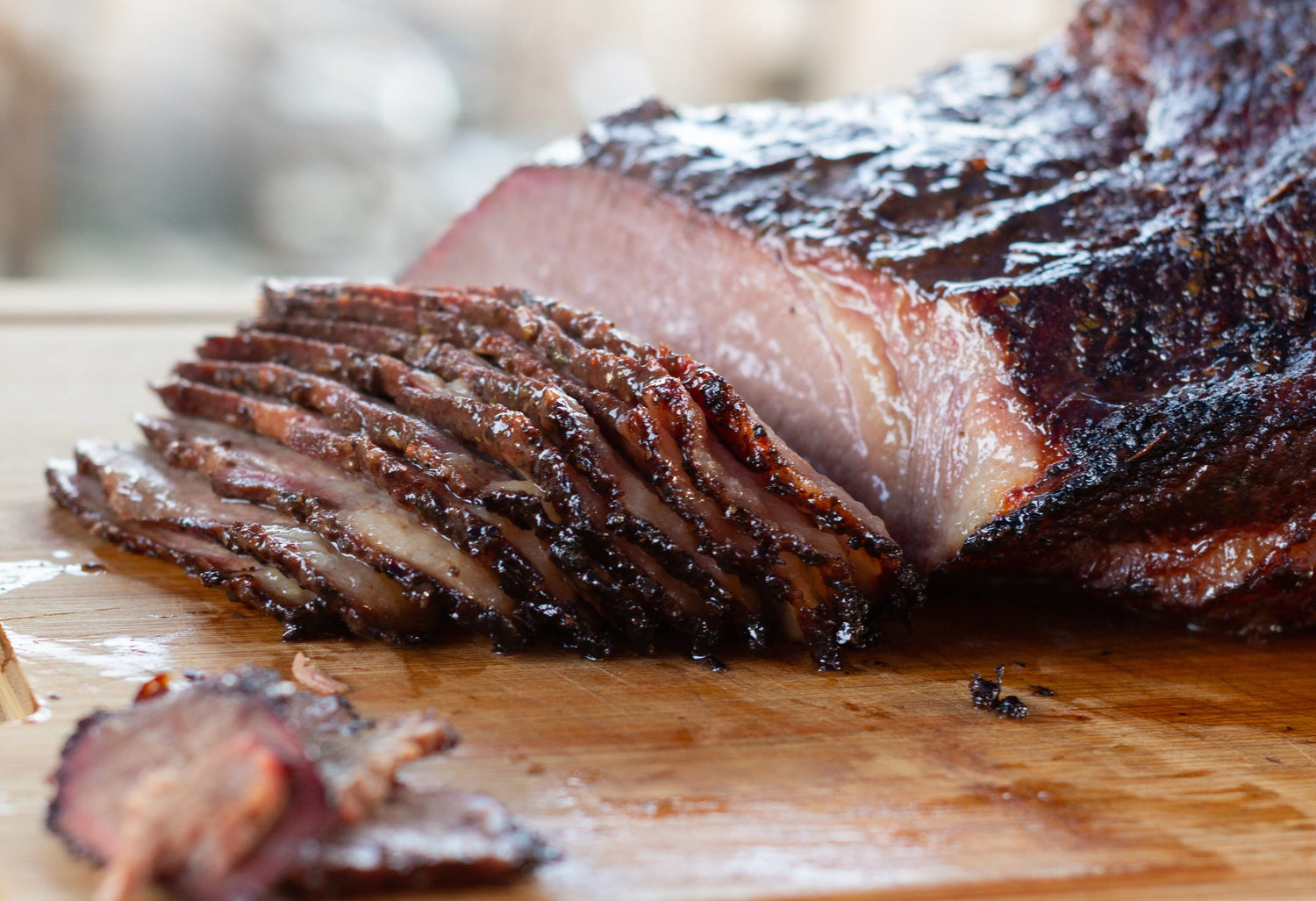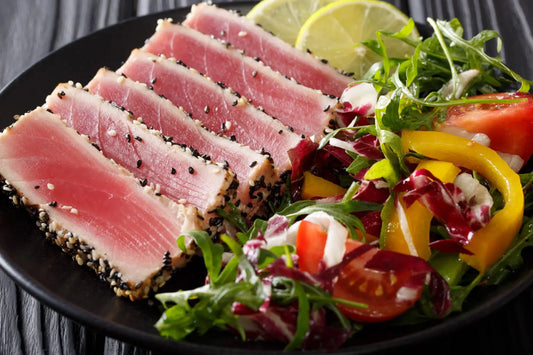Cooking brisket is not one of those skills you either have or you don’t. Even the best pitmasters will tell you it takes time. If your first attempt was horrible, don’t worry because you are not alone. Many people fail to achieve the level of tenderness and depth of flavor they were going for.
After some research, we have rounded up a set of techniques for preparing a brisket so good it will be sure to wow you when you’re done.
Start With a High-Quality Brisket
This is a no-brainer. If you want your brisket to be amazing, start with a high-quality cut. You can’t take a mediocre brisket and transform it into a delicious piece of meat. On the contrary, you want to start with the best possible piece of meat and then work your way up.
Fat is the magic behind tasty beef. To get the best flavor, go for a brisket with generous marbling, i.e., the fat between the muscles. Besides taste, it will also keep the brisket from drying out during the long smoking process. Keep that in mind when purchasing your brisket.
Types of beef
There are several grades of meat to choose from when buying beef:
- Grass-fed beef – You want to avoid this because it has lower marbling than most cuts.
- USDA-rated grades – You can choose from select, choice, or prime cuts. Both choice and prime cuts are high-quality cuts that can give you a good smoking experience.
- American Wagyu and CAB Certified – Hands down the best marbling. These cuts are also extremely expensive per packet.
The meat is likely to remain tender after smoking if it is pliable and flexible from the beginning. Avoid frozen and stiff cuts if you can because that can mess up your final product.

Prepare the Brisket for Smoking
Nothing about smoking a brisket is casual. Lazy preparation will undo all the work you put into the selection, and we don’t want that. So, before we even think about the smoker, let’s prepare the brisket.
- Take the meat out of the fridge and let it come to room temperature. This will allow the meat to cook more evenly.
- Secondly, you want to trim the excess fat on top of the brisket because it can cause it to come out overdone. You also want to trim as much of the excess fat as you can from the side and the ends. Remember, the emphasis is on excess, not all fat. You might end up with a dry brisket if you cut too much off, so try to keep the layer of fat on the side close to a ¼-inch thick.
- Some pitmasters recommend brining brisket to infuse it with more flavor and keep it moist during the smoking process. Others find it redundant. If you like the strong beef flavor as is, don’t brine your brisket. You can check some of the most interesting discussions here and here. The author of this article says they’ve been brining their briskets for 10+ years. You can read it and decide whether it’s worth it or not.
- Seasoning – Brisket is usually rubbed with salt and pepper, but you can also use any other herbs and spices you like to give it a distinctive flavor. Keep it simple if you want the brisket’s natural flavor to shine through.
Smoke Wood Types
The type of wood you use in your smoker can make a big difference in the flavor of your meat. Most people use savory woods like mesquite or hickory, but you can go for mellow woods like apple or cherry. Be creative until you find a combination you feel comfortable with. Smoking is about fun, after all!

The Brisket Smoking Process
Don’t underestimate the power of time. A 12–14 hour slow-smoke will give you a tender, juicy brisket. If you’re not sure about your smoker, try it for 10 hours first, and then if it’s not at all done, try again for a few more hours.
Smoke the uncovered brisket at 225 °F (107 °C) for the first 6 hours. You can spritz the meat periodically to keep it moist. That should allow the brisket to absorb maximum smoke flavors and form a nice bark. Take the brisket out of the smoker after 8 hours and wrap it in foil.
Set the smoker to 250 °F (121 °C) and smoke for another 6 hours. Take the brisket out of the smoker once it reaches an internal temperature of 190 °F (88 °C).
Rest the Brisket
Allow the meat to rest before serving. That will 1) allow the brisket to finish cooking and 2) absorb the juices. Give the brisket anywhere between 30 minutes and 1 hour for best results.
Cut Against The Grain
The grain of the brisket is a tough and chewy mesh of muscle fibers running in long lines through the meat. Cutting with the grain leaves you with chewy, stringy brisket. Cutting across the grain shortens the muscle fibers and leads to a more tender, flavorful final product. Make sure you do it right to get the best out of your smoking exercise. You wouldn’t want it to be in vain now, would you?
We hope these tips will be useful for the next time you crave brisket. Follow us on the Bradley Food Smoking Blog and let us know how that goes.
Interested in more articles about smoking brisket? Well, you’re in the right place! Check out these articles we have prepared for you:
How to Smoke Brisket and Pro Brisket Tips
5 Best Kinds Of Wood For Smoking Brisket
Brisket Terminology and Cooking For Food Smoking
How to Slice a Brisket
To help you further on the process of becoming a pitmaster we created a free e-book:
Learn the tips & tricks of barbecue, from choosing the best grill and smoker to the best cuts of meat to start with. Also, read the pit master’s techniques and secrets to reach the perfect flavor.
+ 20 Free Recipes & Smoking Wood Pairing Chart!
And Bonus Internal Temperature Guide!




